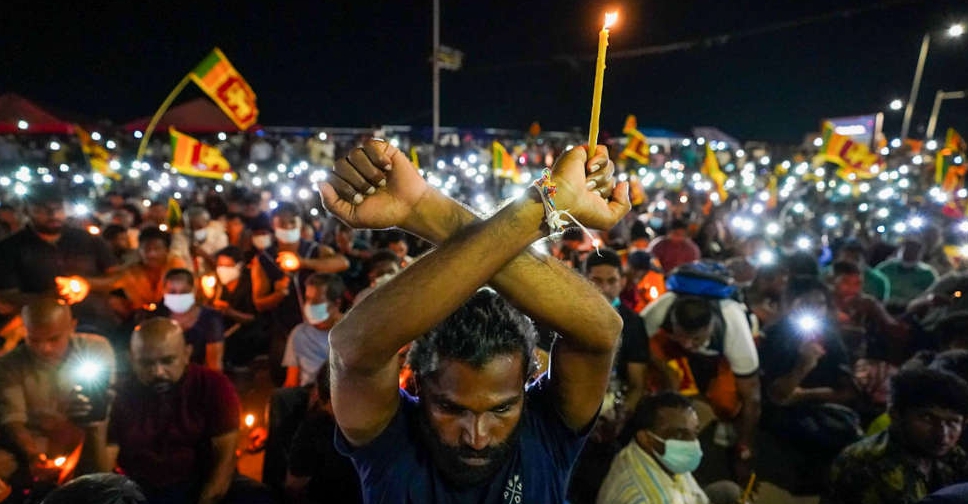
With its ancient fort and sandy beaches, the city of Galle on Sri Lanka's southern coast should be awash with holidaymakers at this time of year.
Instead, another power cut has plunged the city into darkness, and the historic quarter lies mostly deserted except for a lone tourist using a flashlight to find his way along the pitch black street.
As Sri Lanka sinks deeper into its worst economic crisis since independence, hopes in Galle that it could once more become the booming tourist destination it was before COVID-19 halted global travel in 2020 have been dashed.
Power cuts and essential food shortages have hit the island nation hard for weeks, drawing out protesters onto the streets and putting President Gotabaya Rajapaksa under mounting pressure to resign. On Tuesday, one person died in a protest, the first fatality since the demonstrations began last month.
Tourism earned Sri Lanka $4.4 billion and contributed 5.6 per cent to GDP in 2018, but this dropped to just 0.8 per cent in 2020. However, arrivals topped 100,000 in March for the first time in two years, Sri Lanka's tourism office said. Overall tourism numbers are higher than they were in 2021, marking what many thought would be a pandemic revival.
"People are protesting. Roads are blocked. (Tourists)...need to travel and they need fuel for that and they can’t wait in the queues," said Samitha, who works as a front office executive at a hotel in Galle.
Restaurant and hotel owners in Galle are also pessimistic about a robust revival now, as Sri Lanka scrambles for about $3 billion in bridging finance from multiple sources including India, China and the World Bank to pay for critical imports. The country is also negotiating for a programme with the International Monetary Fund (IMF) to address its foreign exchange crisis.
On a recent windy afternoon in Galle, as a few foreign tourists posed for pictures and strolled through its quaint streets, antique shop owner Sepalika Abeysundara choked up while talking of her troubles.
"Not only me but all businesses are suffering because of the current situation. I feel really sad about the state of our country," she said.




 Israeli attacks on Gaza killed 60 people in 24 hours
Israeli attacks on Gaza killed 60 people in 24 hours
 Trump fires National Security Agency director
Trump fires National Security Agency director
 Israel steps up Syria strikes, says Turkey aims for 'protectorate'
Israel steps up Syria strikes, says Turkey aims for 'protectorate'
 US sending Israel 20,000 assault rifles that Biden delayed
US sending Israel 20,000 assault rifles that Biden delayed



